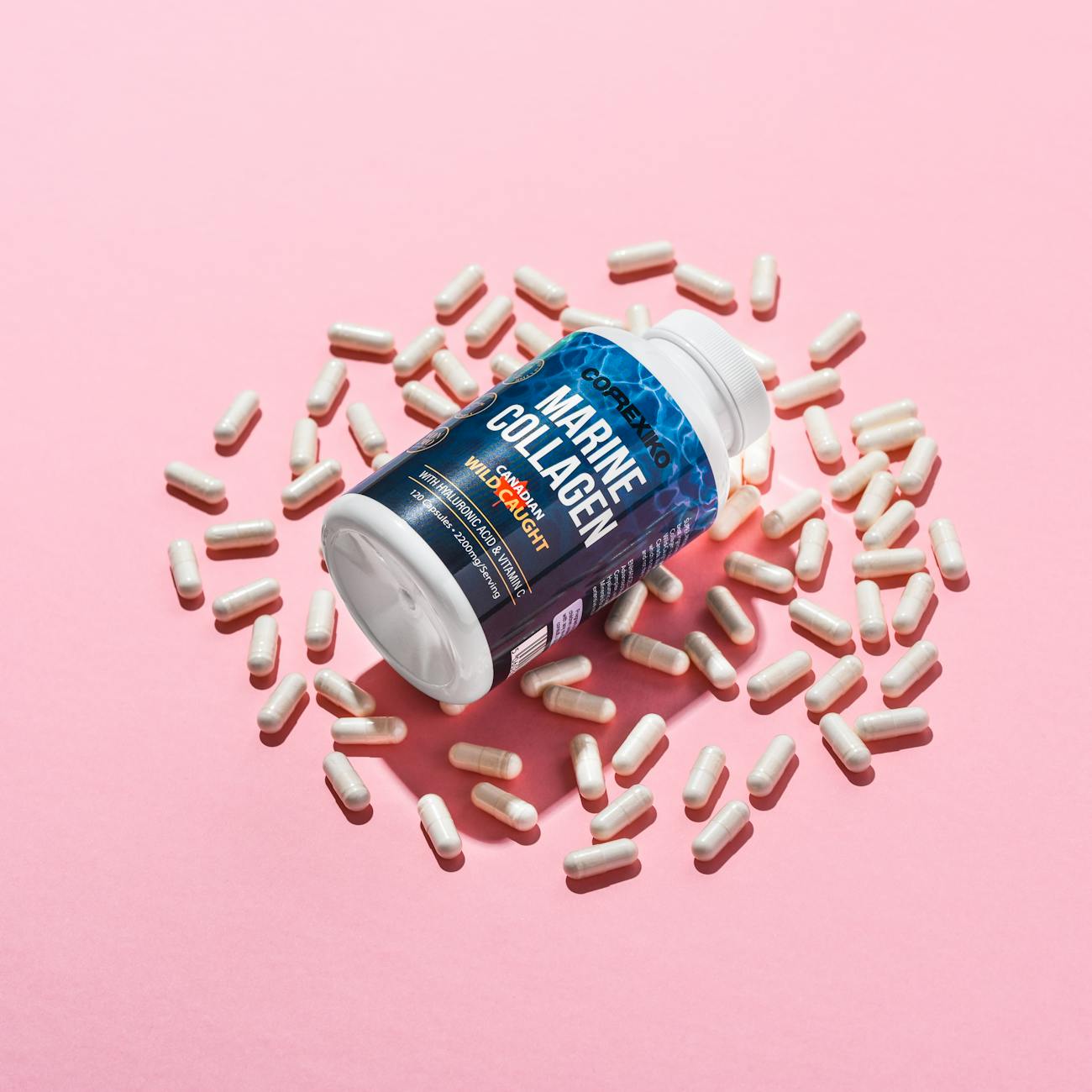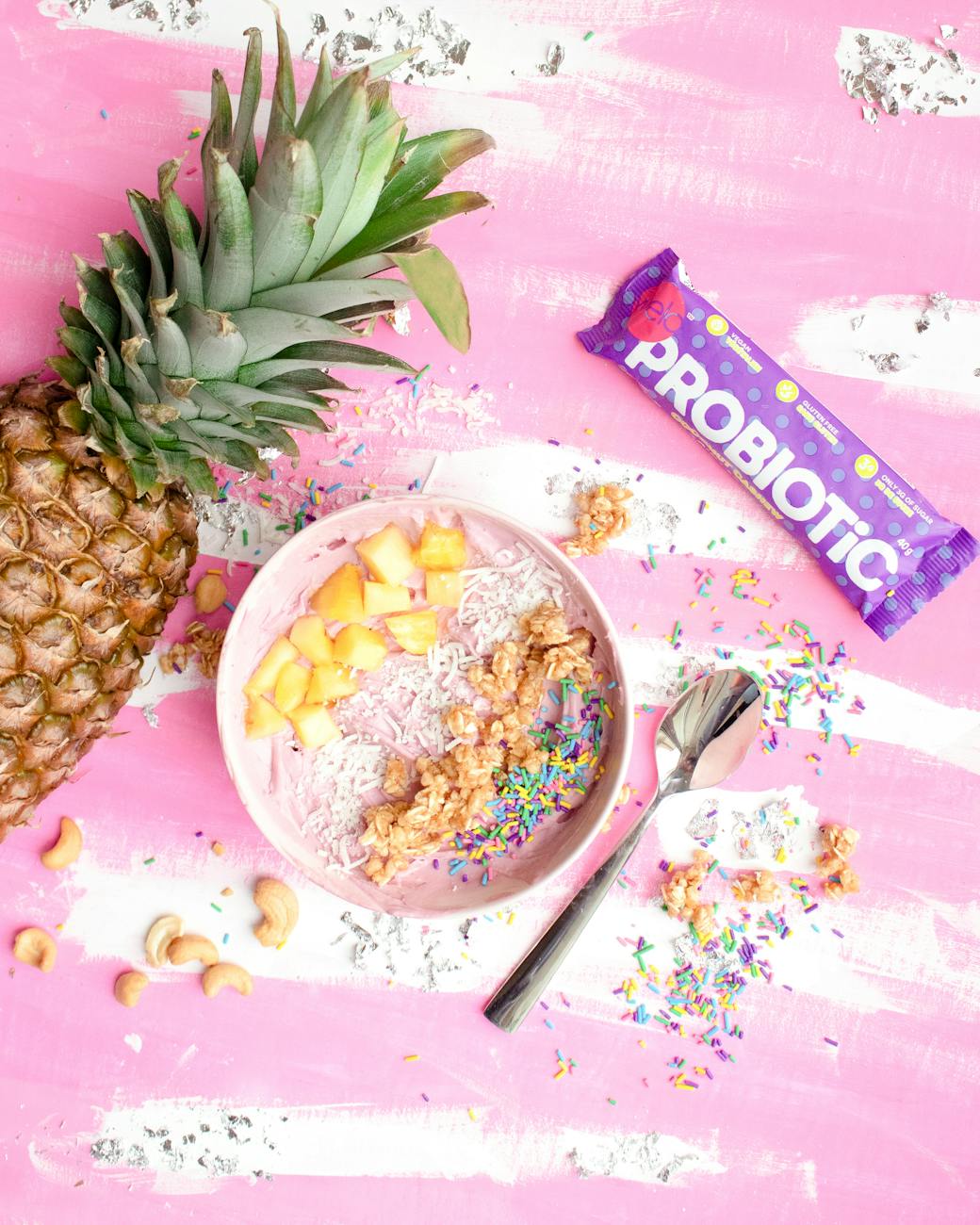Welcome to the year 2025, a time when personal wellness continues to evolve, bringing forward cutting-edge solutions for intrinsic health. Among the myriad of supplements vying for your attention, collagen stands out as a foundational hero, underpinning much of our physical integrity. This article delves into the top collagen supplements poised to make a significant impact on your skin and joint health in the coming year. As we age, our body’s natural collagen production wanes, leading to visible signs like fine lines, reduced skin elasticity, and stiffness in our joints. Understanding how to effectively replenish this vital protein through high-quality supplements is key to maintaining a vibrant, active lifestyle. Join us as we explore the science, benefits, and best choices for optimizing your collagen intake in 2025.

Understanding collagen and its crucial role
Collagen is the most abundant protein in the human body, serving as the primary structural component of connective tissues such as skin, tendons, ligaments, cartilage, and bones. Think of it as the body’s scaffolding, providing strength, elasticity, and structure. There are several types of collagen, each playing distinct roles. Type I collagen, for instance, is prevalent in skin, bones, tendons, and ligaments, contributing significantly to skin’s elasticity and firmness. Type II collagen is primarily found in cartilage, essential for joint health and cushioning. Type III collagen often coexists with Type I in skin, muscles, and blood vessels, further enhancing skin’s suppleness. As we enter our mid-20s, the natural synthesis of collagen begins to decline, a process accelerated by factors like sun exposure, smoking, and poor diet. This decline manifests as wrinkles, sagging skin, weakened joints, and reduced mobility, underscoring the importance of supplementation.
The science behind collagen supplements for skin and joint health
Modern collagen supplements typically provide hydrolyzed collagen, also known as collagen peptides. This means the collagen protein has been broken down into smaller, more easily digestible amino acid chains. Once ingested, these peptides are absorbed into the bloodstream and distributed throughout the body, including the skin and joints. Scientific studies suggest that these peptides can stimulate the body’s own collagen production. For the skin, this translates to increased elasticity, hydration, and a reduction in the appearance of wrinkles, as collagen peptides signal fibroblasts (cells responsible for collagen production) to synthesize more collagen and elastin. Regarding joints, collagen peptides can accumulate in cartilage, stimulating chondrocytes (cartilage cells) to produce more cartilage matrix. This process can lead to reduced joint pain, improved joint function, and a decreased risk of cartilage degradation, offering significant relief and preventative benefits for active individuals and those experiencing age-related joint issues.
Navigating the market: choosing the best collagen supplement in 2025
With an ever-expanding market, selecting the right collagen supplement requires careful consideration. Here are key factors to guide your choice:


- Source: Collagen supplements are typically derived from bovine (cow), marine (fish), or chicken sources. Bovine collagen is rich in Types I and III, making it excellent for skin, hair, nails, and bones. Marine collagen, primarily Type I, is often favored for skin benefits due to its high bioavailability. Chicken collagen is a good source of Type II, ideal for joint and cartilage support. For those seeking plant-based options, “collagen boosters” contain amino acids and vitamins necessary for the body’s natural collagen synthesis.
- Type of collagen: Match the collagen type to your specific needs. If skin rejuvenation is your priority, look for Types I and III. For targeted joint support, Type II is crucial. Many multi-collagen blends offer a broader spectrum of benefits.
- Formulation: Hydrolyzed collagen (peptides) is paramount for superior absorption. Look for supplements that specify this.
- Additional ingredients: Vitamin C is vital for collagen synthesis within the body, so supplements that include it or advise taking it alongside are beneficial. Other helpful additions might include hyaluronic acid for skin hydration or MSM for joint support.
- Purity and testing: Always opt for products that are third-party tested for heavy metals and contaminants and carry certifications like GMP (Good Manufacturing Practices) to ensure quality and safety.
To further assist your decision, here’s a brief comparison of common collagen types and their primary benefits:
| Collagen Type | Primary Source | Key Benefits | Typical Use Case |
|---|---|---|---|
| Type I | Bovine, Marine | Skin elasticity, bone strength, hair & nail growth | Anti-aging, beauty support |
| Type II | Chicken | Joint cartilage repair, reduces joint pain | Joint health, arthritis support |
| Type III | Bovine | Skin structure, gut health, blood vessel integrity | Skin elasticity, digestive support |
| Multi-collagen blends | Bovine, Marine, Chicken | Comprehensive support for skin, joints, gut | Overall wellness, broad benefits |
Top collagen supplement recommendations for 2025
Based on our analysis of evolving trends and scientific advancements, here are the categories of top collagen supplements to consider in 2025:
- The marine collagen peptide powerhouse for radiant skin: These supplements prioritize sustainably sourced marine collagen, often enhanced with hyaluronic acid and a potent dose of Vitamin C. Expect superior absorption and noticeable improvements in skin hydration, elasticity, and a reduction in fine lines within weeks. They are typically unflavored powders or easy-to-take capsules.
- The advanced bovine blend for robust joint health: Focusing on Type I and III bovine collagen, often combined with Type II from chicken, these formulations are engineered for maximum joint support. Many include complementary ingredients like MSM, glucosamine, or chondroitin to further lubricate joints and reduce inflammation, ideal for athletes or individuals with active lifestyles.
- The comprehensive multi-collagen for holistic wellness: These supplements offer a broad spectrum of benefits, combining collagen types from various sources (bovine, marine, chicken) to support skin, joints, gut health, hair, and nails simultaneously. They are often unflavored and mix seamlessly into beverages, making them convenient for daily use.
- The innovative plant-based collagen booster: For those adhering to vegan or vegetarian diets, these products don’t contain animal collagen but supply the specific amino acids (glycine, proline, hydroxyproline) and cofactors (Vitamin C, zinc, copper) that the body needs to produce its own collagen. They represent a significant step forward in inclusive wellness solutions.
As we’ve explored, collagen remains an indispensable component of our health, particularly for maintaining youthful skin and agile joints. From understanding its fundamental role to delving into the science of supplementation, it’s clear that investing in high-quality collagen can profoundly impact your well-being. The market in 2025 offers an array of sophisticated choices, catering to diverse needs, whether you’re targeting specific skin concerns, seeking enhanced joint mobility, or aiming for comprehensive bodily support. The key lies in selecting a hydrolyzed, ethically sourced supplement that aligns with your dietary preferences and is backed by purity assurances. Remember, consistency is paramount for experiencing the full spectrum of benefits. By making an informed choice and incorporating collagen into your daily regimen, you’re not just taking a supplement; you’re investing in a more vibrant, resilient future for your skin and joints. Embrace the power of collagen and unlock a healthier you in 2025 and beyond.















Leave a Reply